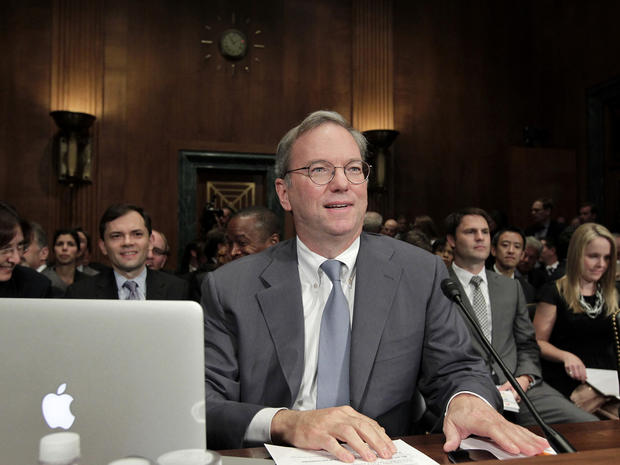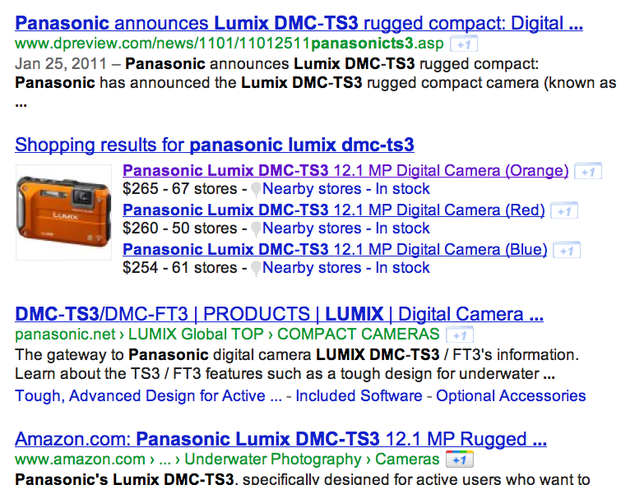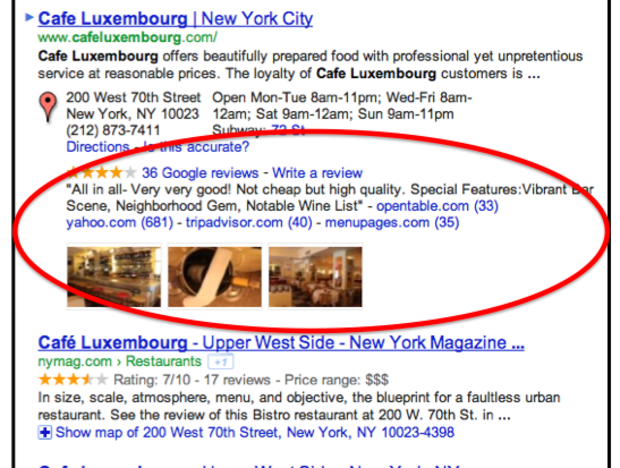Google's Schmidt, senators bicker over "cooking" links
Google executive chairman Eric Schmidt and a panel of senators agreed to disagree over whether the search giant favors its own properties over competitors.
Schmidt's testimony before the Senate Judiciary Subcommittee on Antitrust boiled down to trust us. Schmidt referenced Microsoft as a company that looked unbeatable 20 years ago, but ultimately missed the curve on mobile and other trends.
The message: "The Internet is the ultimate level playing field," said Schmidt, who portrayed Google as a company working to put consumers first over profits. "We focus on loyalty not lock-in."
In other words, Schmidt's testimony boiled down to trust us.
The early fireworks appeared when Sen. Michael S. Lee (R-UT) produced data showing that Google's owned and operated properties often were among the top links. Schmidt said that Google aimed to give answers quickly and sometimes engineering dictated that a stock quote from Google Finance was faster than the "10 links answer." That rationale from Schmidt also applied to Maps and other areas. Competitors services appear below the Google quick answer.
Lee asked Schmidt whether Google products and services are subject to same search ranking algorithm process as all organic search results. He was intimating that Google favors its own "secondary" products in search results.
Schmidt explained that if Google knows the answer to a query, "it is better for the consumer for us to answer the question," and use its own data resources.
"I am not aware of any boosts or bias" in the search results, Schmidt said.
Lee gave an example of a product search where the result appears to include a result from Google consistently high up on the first page of results, and including a photo, unlike the other links (see below). "You've cooked it so you are always third," Lee charged.
"Senator, I can assure you we have not cooked anything," Schmidt calmly said.
Google's overall message is that the company is different because it operates in an open Internet where consumers are a click away from another service. Schmidt believes that the huge base of Google users provides a kind of governance that makes the company trustworthy.
"The ultimate correction against any mistake is how consumers behave," Schmidt said. "People have choices...our customers want quick and accurate answers, and the way we correct ourselves is if they switch." Schmidt said that Google's extensive testing regime guides it to do what's best to keep users from switching.
Schmidt's point on users switching leading to how Google treats its search results seems to assume that its hundreds of millions of users are sophisticated enough to understand the intricacies of search results and any favoritism Google may be lending to its own products and services.
However, Schmidt is right that Google is compelled to make it easy for searchers to find good answers quickly. That is the company's secret sauce, but the product search above shows that it gives its own product finding service more favorable graphic treatment, if not rank.
Sen. Herb Kohl (D-Wisc.) said that an investigation of Google's business practices had to boil down to trust but verify. Schmidt noted that he could go with that. "I agree with trust, but verify," said Schmidt. "We live in great fear that consumers will switch."
Supporting Google's position, Susan Creighton, former Federal Trade Commission director of the Bureau of Competition and now partner with the law firm Wilson Sonsini Goodrich & Rosati, maintained that the Google is not violating any antitrust laws because users are free to switch to a competitive service if they don't like Google's results.
She gave an example of someone on Google searching for Yelp, a company that is charging Google with unfair practices. If a user types in "Yelp," they will get Yelp as the primary result. However, Creighton didn't address the case where a user types in a search for restaurant reviews and how Google's restaurant search appears in a primary spot with images, similar to the product search example.


